Scholarship and Academic Life
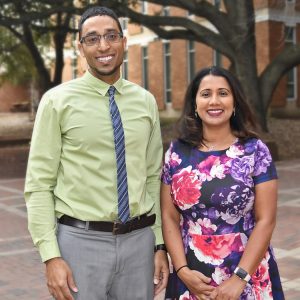
Charisma: You don’t have to be born with it, to lead with it
Business professors George Banks and Janaki Gooty are at the forefront of cutting-edge scientific research to better understand the specific behaviors effective leaders use to gain workers’ support toward a shared vision and commitment. They talk about why it’s important to study leadership in this Q&A.

Brown to discuss ‘Artificial Intelligence and Data’ for Great Decisions
Cheryl Brown, chair and associate professor, Department of Political Science and Public Administration, will speak as part of the Great Decisions lecture series at 6:30 p.m., Wednesday, Feb. 5, at UNC Charlotte Center City.
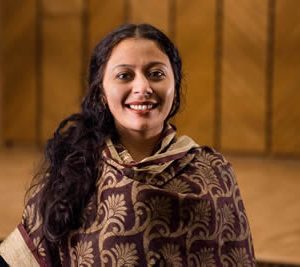
Dance Department wins NEA ‘Art Works’ grant
Kaustavi Sarkar, assistant professor of dance, is the principal investigator on a 2020-21 Art Works grant awarded to the Department of Dance.The $10,000 National Endowment for the Arts (NEA) “Art Works” grant will support the project “Indian Dance and American Communities: Expanding Forms and Audiences.”

UNC Charlotte changing how it trains student teachers
WFAE’s Ann Doss Helms recently wrote an in-depth report that focuses on how the University and its partners are reshaping the experiences of student teachers.

Economist forecasts continued growth for 2020
John Connaughton, Barings Professor of Financial Economics in UNC Charlotte’s Belk College of Business, stated the nation and state’s economic growth will continue in 2020.
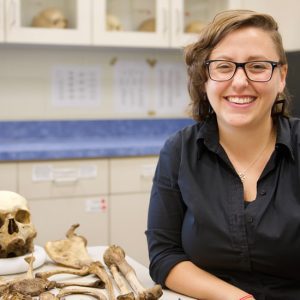
Archaeologists discover infants wearing skull helmets, in unique ancient burial practice
Two infants unearthed in ancient burial mounds in Salango, Ecuador, were buried wearing helmets crafted from the skulls of other children, in what researchers believe was a unique practice perhaps intended to protect the infants’ souls during their journey to the afterlife.“This has literally not been seen before, to our knowledge. We think this is a totally novel burial practice,” said bioarchaeologist Sara Juengst, an assistant professor in the Department of Anthropology at UNC Charlotte.
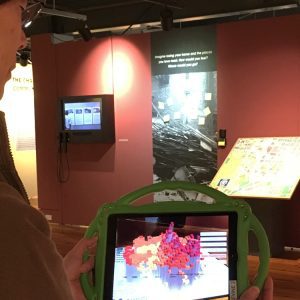
Professor’s augmented reality project brings Levine Museum exhibit to life
Associate Professor of Urban Design Ming-Chun Lee has collaborated with the Levine Museum of the New South to integrate augmented reality (AR) technology and GIS mapping into an exhibition about Charlotte neighborhoods, past and present.
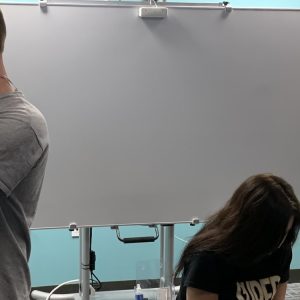
Teacher training goes virtual at UNC Charlotte
Education students at UNC Charlotte are now using virtual reality (VR) to prepare for real-life classrooms, in a program that looks to reshape the way future teacher candidates learn about how students and teachers interact.

Architecture team wins research award
Assistant Professor of Architecture Rachel Dickey and School of Architecture alumni Ali Karduni ’17 M.S./M.Arch. and Noushin Radnia ’18 M.S./M.Arch. have received a 2020 Architectural Research Centers Consortium (ARCC) Research Incentive Award for their proposal, “Reconfigurable Space: Kinematic Environments Controlled with Computer Vision.”

Nanoscale science presentation captures Three Minute Thesis competition
For decades, the color blue has been a significant focus of research into improvements in digital display technology. The images seen on laptops, phones and flat-screen TVs come from light-emitting materials comprising three colors: red, green and blue.